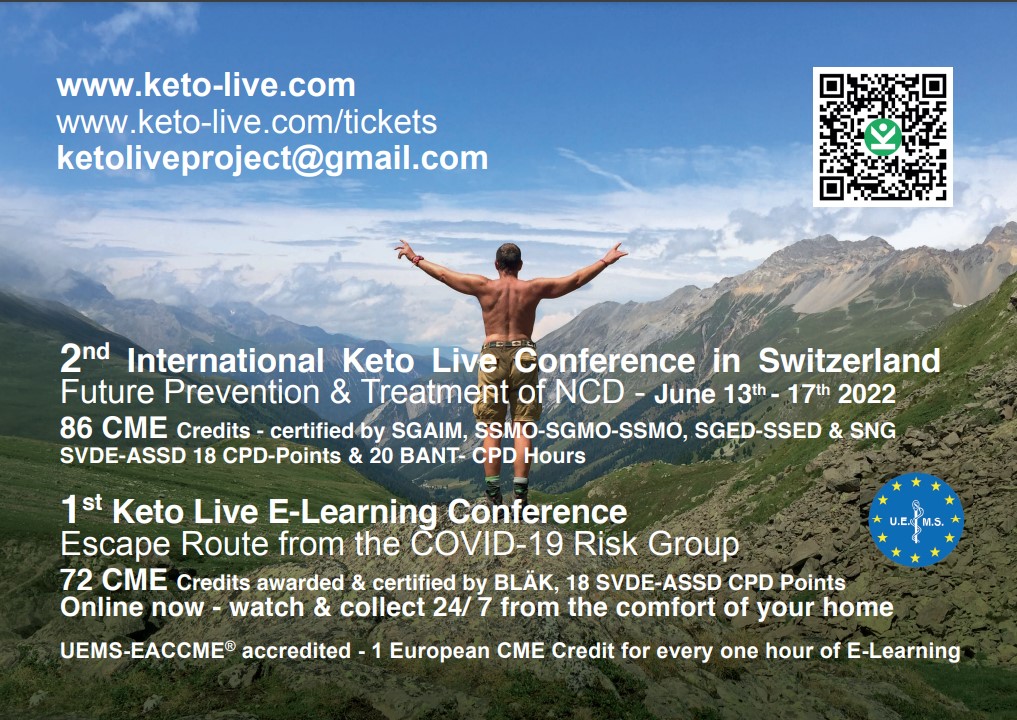Pfizer Inc and Biohaven Pharmaceutical Holding Company Ltd announced on 27th April that the European Commission (EC) has granted marketing authorisation for VYDURA® (rimegepant), a calcitonin gene-related peptide (CGRP) receptor antagonist for both the acute treatment of migraine with or without aura, and prophylaxis of episodic migraine in adults who have at least four migraine attacks per month.
VYDURA®, an orally disintegrating tablet, is the first medicine approved for both acute and prophylactic treatment of migraine in the European Union (EU). Migraine is a leading cause of disability worldwide with approximately one in ten people living with the condition in Europe alone. Globally, migraine disproportionately affects women by three to four times compared to men.
There is a significant unmet need for people in the European Union living with the pain and disability caused by frequent migraines. The comprehensive clinical programme has established VYDURA’s efficacy and safety as both an acute and preventive treatment of migraine. Studies in acute migraine demonstrated a rapid and long-lasting relief of migraine headache and other symptoms with a single dose, while the prevention study found a significant reduction in migraine attacks with every other day dosing. We have great confidence in the positive impact VYDURA could have on people living with this debilitating condition in the EU.
Nick Lagunowich, Global President, Pfizer Internal Medicine.
Results from the Phase 3 study published in Lancet demonstrated that a single dose of rimegepant provided superior pain reduction and associated symptoms of migraine at two hours compared to placebo. The prevention study, also published in Lancet, demonstrated that rimegepant taken every other day provided superior reduction in the number of days per month with migraine in Weeks 9 –12 of the 12-week treatment period compared to placebo, that was maintained with continued dosing during the 12-month open-label extension period.
Today’s approval marks a huge step forward for patients in Europe who are living with migraine. Migraine is often overlooked and undertreated, resulting in substantial disability with suboptimal care for patients. VYDURA’s promising efficacy and favorable benefit-risk profile spark hope for people in need of new migraine treatment options. This approval has the potential to advance the standard of care for migraine in the EU and I am hopeful it will improve the quality of life for many people living with the burden of this prevalent neurological disease.
Professor Peter Goadsby, Director of the National Institute for Health and Care Research (NIHR) Clinical Research Facility and Professor of Neurology at King’s College London.
The Marketing Authorisation follows the recommendation for approval by the European Medicines Agency’s (EMA) Committee for Medicinal Products for Human Use (CHMP) in February. The EC approval will be valid for all 27 EU member states as well as Iceland, Liechtenstein, and Norway and local reimbursement approval will follow. Assessment of the marketing authorisation application by the Medicines & Healthcare products Regulatory Agency (MHRA) is underway and approval is expected to shortly follow in the UK.
About VYDURA® (rimegepant)
VYDURA® targets a key component of migraine by reversibly blocking CGRP receptors. CGRP is increased during a migraine attack, dilates blood vessels and is involved in nociceptor signaling. CGRP receptor antagonists work by reversibly blocking CGRP receptors, thereby inhibiting the biologic activity of the endogenous CGRP neuropeptide.
The Marketing Authorisation for VYDURA® was based, in part, on the review of the results from three Phase 3 studies for acute treatment, a long-term, open-label safety study in acute treatment of migraine and a Phase 3 study with a 1-year open-label extension in the preventive treatment of migraine. VYDURA® is taken orally as needed, up to once daily, to stop migraine attacks or taken every other day to help prevent migraine attacks.
The most frequent adverse event in clinical trials with VYDURA® was nausea, occurring in 3% of patients compared to 1% with placebo, while hypersensitivity reactions including rash occurred in less than 1% of patients. Less than 2% of patients discontinued from VYDURA® due to adverse events. VYDURA® does not have addiction potential and was not associated with medication overuse headache or rebound headache in clinical trials, although overuse of any type of medicinal products for headache can make them worse.
VYDURA® is commercialised as Nurtec® and Nurtec® ODT outside Europe. It is commercialised in the U.S. for the acute treatment of migraine and for the preventive treatment of episodic migraine in adults, and ex-U.S. is approved for the acute treatment of migraine in Kuwait and the United Arab Emirates, and for acute treatment of migraine and preventive treatment of episodic migraine in Israel.
Earlier this year, Pfizer and Biohaven entered into an agreement for the commercialisation of VYDURA®. Under the terms of the agreement, Pfizer has commercialisation rights to rimegepant in markets outside the U.S. Biohaven continues to lead research and development globally and retains the U.S. market.

